Description
Over the last 30 years, the prevalence of eating difficulties has increased to become a widespread experience across the UK and worldwide. This book offers a comprehensive guide written by people with lived experience of eating difficulties, their families and leading researchers, clinicians and therapists: all aiming to improve understanding of practical ways of supporting people experiencing eating difficulties to live and thrive in their communities. This handbook covers the important topics of understanding eating difficulties in our society’s context, including the role of social media and the fashion industry, and how healthcare professionals and voluntary organisations can support those experiencing an eating difficulty. It explores the value of exercise, nutrition and sleep, and considers support from parents and schools for children, as well as reasonable adjustments for young people and adults in higher education and the workplace. Particular therapies for support and recovery are detailed. A final section sets out examples of creative and arts-based approaches.
Authors
Isla Parker
is a pen name. Isla is a freelance editor and writer who promotes the understanding of health issues and well-being. She undertook a degree in English, and found it interesting to study how literature explores illness. This led to Isla writing a novel about anorexia for teenagers called ‘Size Zero?’, that is loosely based on her own experience. Isla has co-edited ‘The Practical Handbook of Hearing Voices’ and ‘The Practical Handbook of Dementia’ for the publisher PCCS Books. Recently, she has co-edited ‘The Practical Handbook of Eating Difficulties’ for Pavilion Publishing. In her free time Isla enjoys playing the piano. She also takes part in an online writing group that has introduced her to writers from different countries.
Mark Hopfenbeck
is an anthropologist, assistant professor at the Norwegian University of Science and Technology (NTNU), Visiting Fellow at London South Bank University (LSBU) and Individual Partner at the Collaborating Centre for Values-based Practice in Health and Social Care, St Catherine’s College, Oxford University. For the past 15 years he has been teaching and supporting the implementation of the Open Dialogue approach. He is currently co-investigator on a large-scale programme of research into crisis and continuing mental health care within the NHS (the ODDESSI trial) and is on the advisory board of an international collaborative study to evaluate the effectiveness of Open Dialogue in various contexts around the world (the HOPEnDialogue project). At NTNU, he teaches mindfulness and is a member of the Relational Welfare research group. He is co-editor of The Practical Handbook of Hearing Voices and The Practical Handbook of Dementia (PCCS Books).
James Downs
James Downs is a mental health campaigner and expert by experience in eating disorders. He recently completed a Masters in Psychology and Education at the University of Cambridge focussing on understandings of “resilience” amongst secondary school teachers and pupils. James holds various roles at the Royal College of Psychiatrists and NHS England aimed at improving support for those experiencing mental health problems and eating disorders, and for their carers. He enjoys working as a peer researcher on a number of projects relating to mental health and eating disorders. James also works with and represents a number of UK mental health charities and is a yoga and barre teacher and teacher trainer. He has written extensively about his own experiences, with the hope that those who read his work find comfort, affirmation and hope.
Hannah Lewis
is a PhD researcher at Queen Mary, University of London where she studies culturally inclusive prevention strategies for eating disorders and body dysmorphic disorder – both of which she has lived experience of. Prior to this, Hannah worked in a senior role for a national mental health charity across their research, policy and practice areas. Here, Hannah championed co-production at a national level, as well as influenced the mental health transformation in schools’ agenda, and with national public health agencies to acknowledge the harm of traditional ‘obesity’ messaging for people with mental health and eating difficulties. Alongside her studies, Hannah still works with charities where she delivers mental health and resilience training in schools, facilitates research and co-production, and leads on a peer-delivered group-CBT project for the BDD Foundation. In her spare time (of which there is very little!) Hannah is a dancer with the School of Strut, a body positive dance school which aims to reject diet culture and promote female empowerment.
Dr Nicole Schnackenberg
is a child, community and educational psychologist; yoga teacher and yoga therapist. She has lived experience of eating struggles.
Nicole divides her time between working as an educational psychologist in Southend, Essex and her position as a trustee of the Body Dysmorphic Disorder Foundation. She is also a director of the Yoga in Healthcare Alliance and a trustee of the Give Back Yoga Foundation UK. Nicole has authored books on food and body image struggles: ‘False Bodies, True Selves: Moving Beyond Appearance-Focused Identity Struggles and Returning to the True Self’ and ‘Bodies Arising: Fall in Love with your Body and Remember your Divine Essence’. She co-authored ‘The Parent’s Guide to Body Dysmorphic Disorder’ and co-edited, ‘Reflections on Body Dysmorphic Disorder: Stories of Courage, Determination and Hope’.
Content
Brief Table of Contents
Part One: Understanding Eating Difficulties
Part Two: Providing Healthcare for People with Eating Difficulties
Part Three: Supporting People with Eating Difficulties
Part Four: Therapies for Eating Difficulties
Part Five: Creative Approaches to Eating Difficulties
Details
Publisher: Pavilion Publishing and Media Ltd
Publication Date: 21st December 2021
ISBN: 978 1 913414 68 9


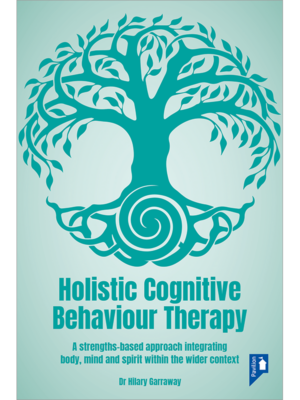
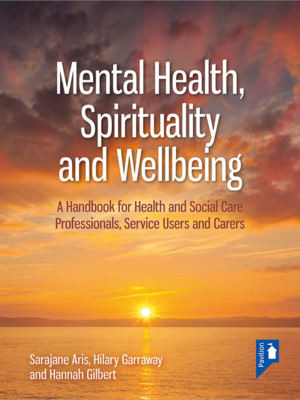
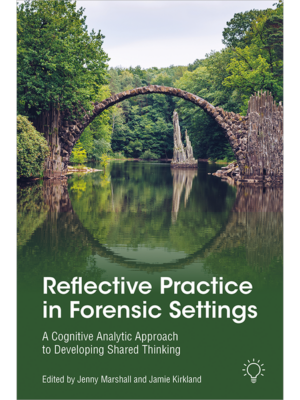
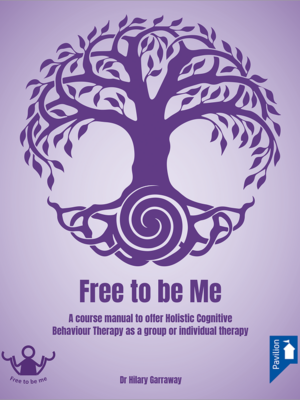
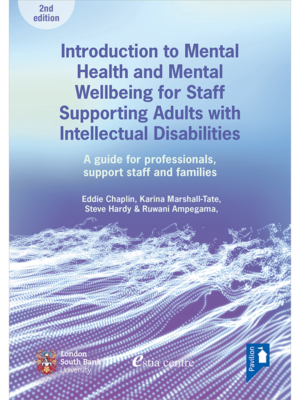
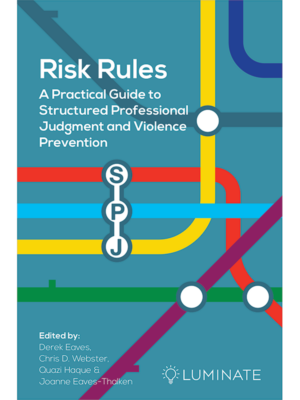
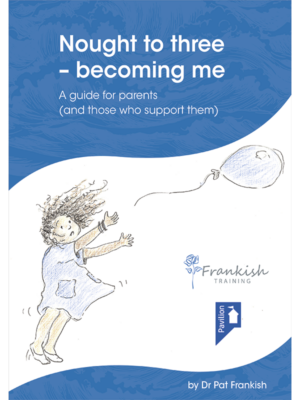
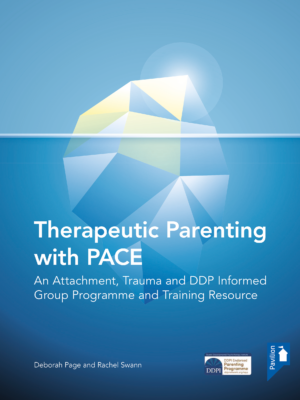
Prof Janet Treasure | Leading Professor of ED | Kings College London –